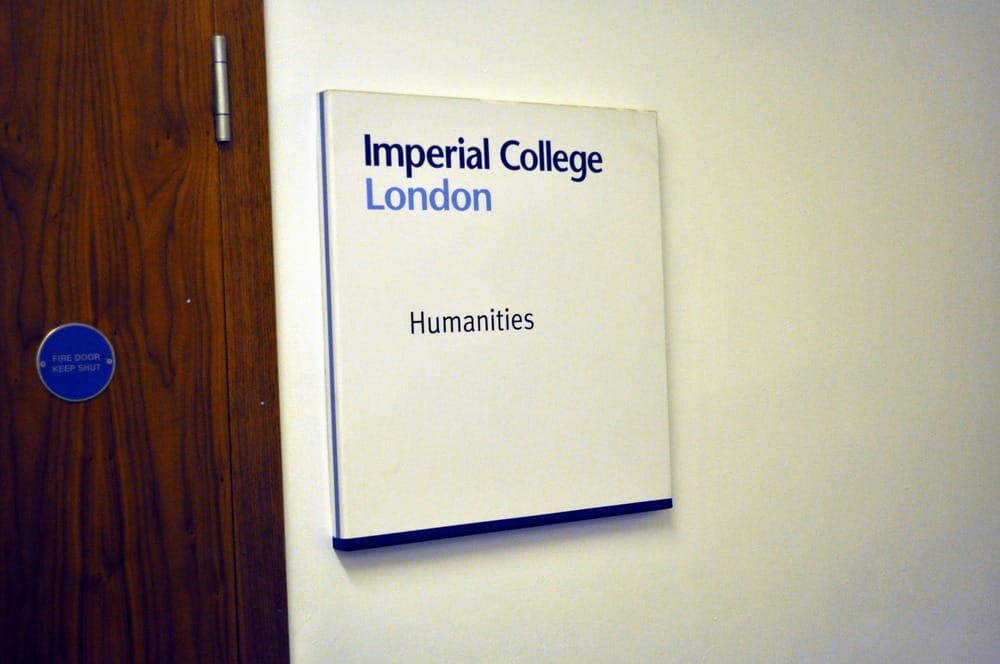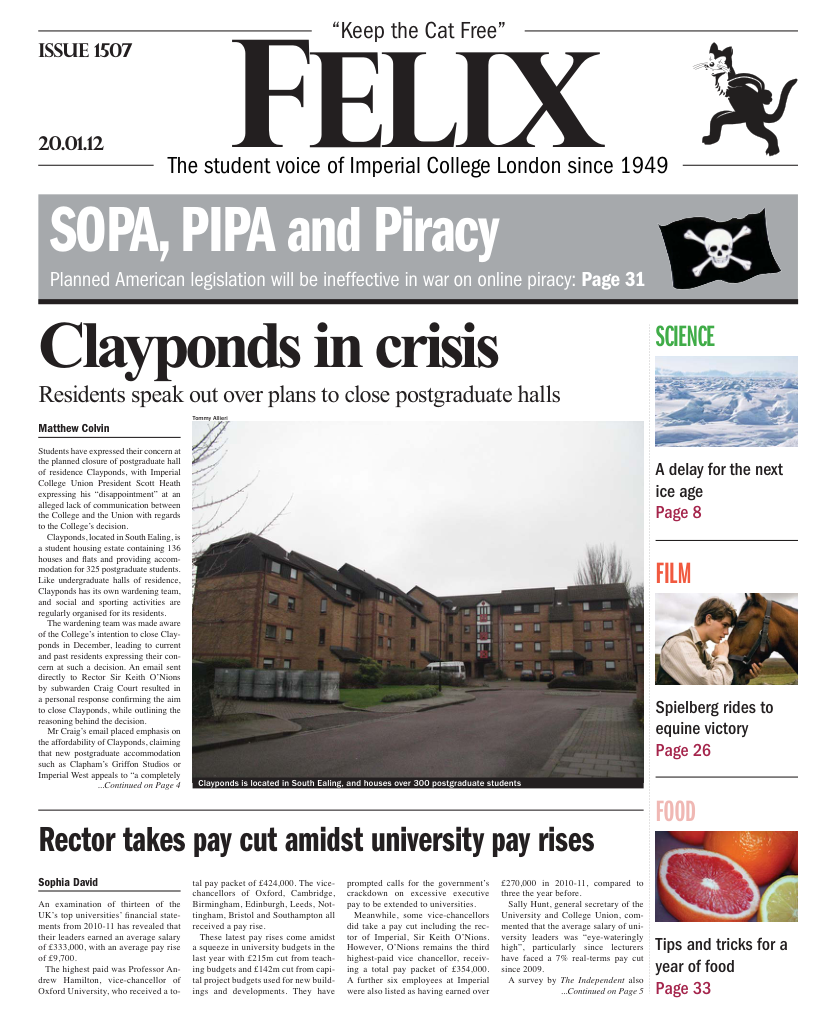Concerns over future of Humanities
Lecturer speaks out against "departmental cuts"

Concerns have been raised about the future of the Humanities department at Imperial by one of its lecturers, Didier Occhipinti. Mr Occhipinti, who teaches French at the College, was due to present a lecture to the Political Philosophy Society late last term but cancelled the event in protest of what he sees as the threat of a "death by a thousand cuts" to the department.
Speaking to Felix Mr Occhipinti raised the issue of "things at the College with which [he feels] more and more disturbed with". He believes that "discrimination to humanities is on the increase", and that this sort of "anti-intellectualism can go hand in hand with elitism". This discrimination has manifested itself in Humanities department having spent the past three years in a state of near "permanent restructuring" – the much debated proposed changes to the College timetable being just the latest example following large cuts in previous years.
These latest proposals are a particular concern of Charmian Brinson, the department's Director of Language Studies. She says that the “College Day proposals as they stand will have the effect of reducing student options and adversely affecting the overall student experience just at the point when student fees are about to be tripled”. Professor Brinson also points out “Humanites Department was not represented on the College Day Committee” and that while the former Head of the Department, Professor Andrew Warwick, was invited to one of Committee’s sessions “the points he made at the meeting were not incorporated into the College Day document”.
Mr Occhipinti stresses that, whilst on their own the various changes to Humanities are reasonable; together they pose a real threat to the Department. He believes that “by toying with Humanities the way management is doing a tipping point will be reached from which Humanities will not recover” and that there is a “real divide between senior management and students & lecturers” who support humanities. Felix was shown a student comment from last autumn's SOLE survey which bemoaned how “departments officially encourage humanities, but in practice, do almost anything to discourage students from taking any course (or at least attentively keeping up with it)”.
He says that he does not understand the false divide between sciences and humanities and points out how beneficial the subjects taught by the Department can be to Imperial students. He points to a quote from the Observer which he thinks explains it best: “The study of history, philosophy, languages and literature broadens horizons and animates minds that go on to enrich society in many ways. The advantages that flow from research into the creative output of humanity might not be obviously financial, but they are incalculable.”







